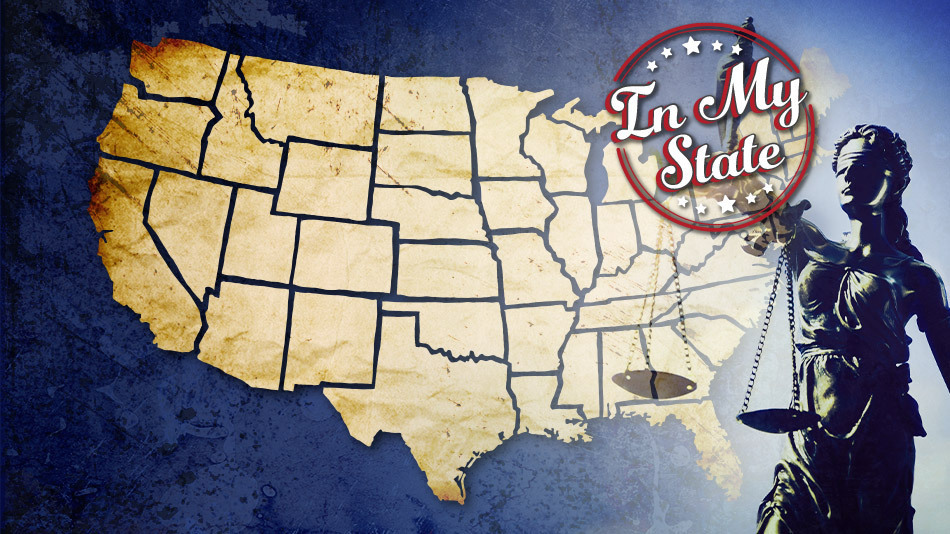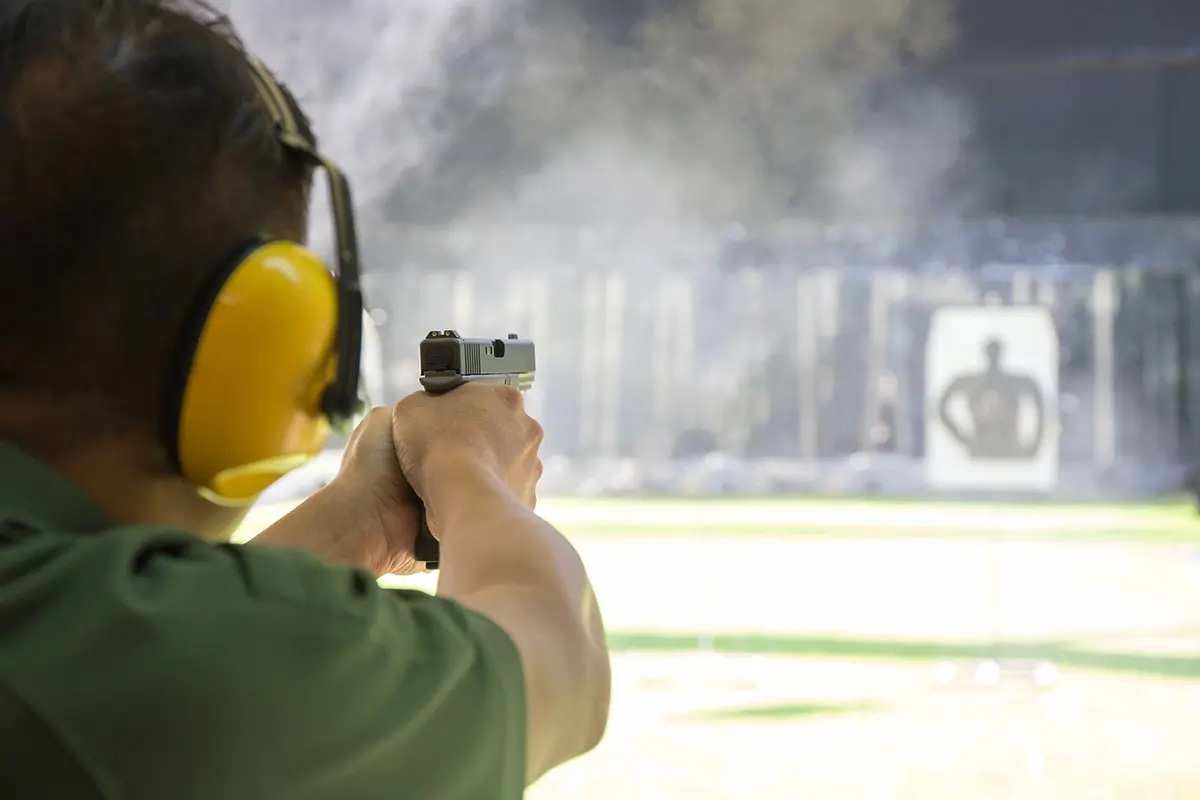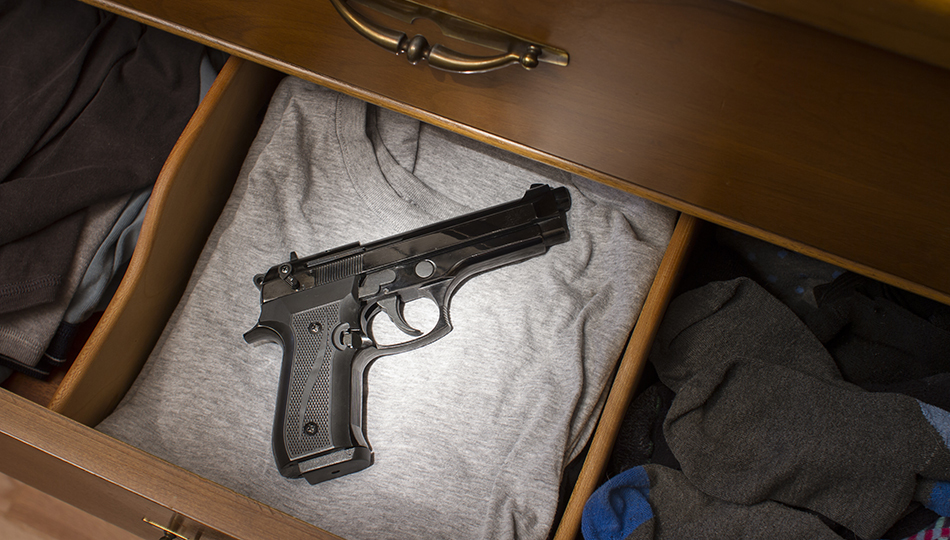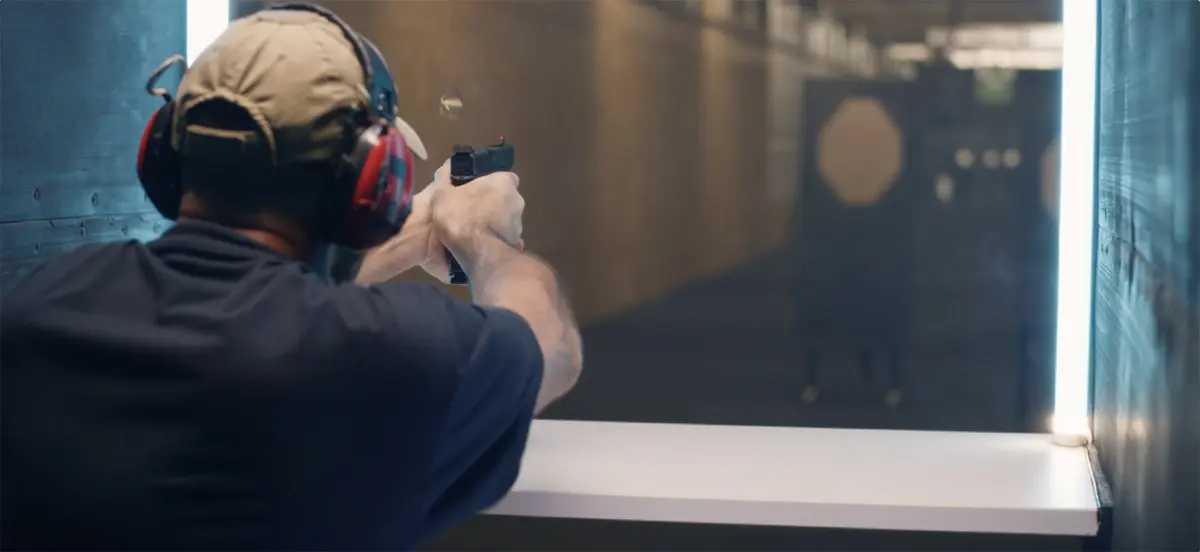
We often receive questions from U.S. LawShield members regarding transporting guns into Michigan from other states. These questions typically involve a member who is moving from another state or receiving the firearm as either a gift or an inheritance.
Applying for a Firearm License
Let’s start with long guns. In Michigan, a background check is required before purchasing a new long gun from a dealer. Secondhand, inherited, or gifted long guns do not need to be registered and can be sold or transferred privately without a background check for the subsequent purchaser. Consequently, long guns can be transported into Michigan without the need for a background check or firearm license.
The same is not true as it relates to handguns, which are required to be “licensed” (registered) in the State of Michigan. See MCL § 28.422. Under Michigan law, the term “pistol” is substituted for “handgun.” A pistol is defined by MCL § 750.222(f) as a “loaded or unloaded firearm that is 26 inches or less in length, or a loaded or unloaded firearm that by its construction and appearance conceals itself as a firearm.” If a person wants to bring a firearm meeting that description into Michigan, they must register the gun appropriately.
The Michigan Pistol Registration Form
Those moving to Michigan must prepare a Michigan Pistol Registration form (Form RI-060) for each pistol they intend to bring into the State. The new resident will sign as both the seller and purchaser on the form and submit it to the Michigan State Police. See MCL § 28.422(5). Usually this is accomplished by dropping the form off at the county sheriff’s station nearest to where you are moving. Although failure to register a pistol is only a civil infraction, MCL § 750.232a makes it a misdemeanor to receive an unlicensed pistol. Therefore, if you ever want to sell the pistol or give it as a gift, you will be required to register it first or the recipient will be committing a crime.
Inheriting
If you have inherited a pistol that is already physically in the State of Michigan, then you should obtain and prepare Form RI-060. In this instance, the personal representative of the estate will sign the form as the seller; however, they will use “The Estate of [decedent]” for the seller’s name. You will also need the personal representative to bring the death certificate when you drop off the form as indicated above.
Gifts
It is a federal felony to directly gift a firearm across state lines, and both the gift giver and the receiver can be prosecuted. If the person giving the gift is not a Michigan resident, then the transaction must be completed through a federal firearms licensee (“FFL”) in Michigan who will complete a background check on the recipient prior to completing the transaction.
For more information about moving and transporting firearms to Michigan, contact U.S. LawShield and ask to speak to your Independent Program Attorney.
The information provided in this publication is intended to provide general information to individuals and is not legal advice. The information included in this publication may not be quoted or referred to in any other publication without the prior written consent of U.S. LawShield, to be given or withheld at our discretion. The information is not a substitute for, and does not replace the advice or representation of a licensed attorney. We strive to ensure the information included in this publication is accurate and current, however, no claim is made to the accuracy of the information and we are not responsible for any consequences that may result from the use of information in this publication. The use of this publication does not create an attorney-client relationship between U.S. LawShield, any independent program attorney, and any individual.





I made the move to Michigan some 4 years ago (2017). At that time one had 30 days to register their hand guns. The process was easy except for having to fill out that form 4 times for each hand gun. There’s also a time limit for turning in the form. A week or ten days the exact amount escapes me. But it’s not something you want to sit on.
For me, since I had all the info I needed, the Sheriffs office let me sit there and fill out all the forms. They even loaned me a desk.
This form is wrong. I just used it for mine and its for CPLs only.
What if you are bringing in a pistol to Michigan for a range competition from another state. I also come from a state that has no licenses and is constitutional carry?.